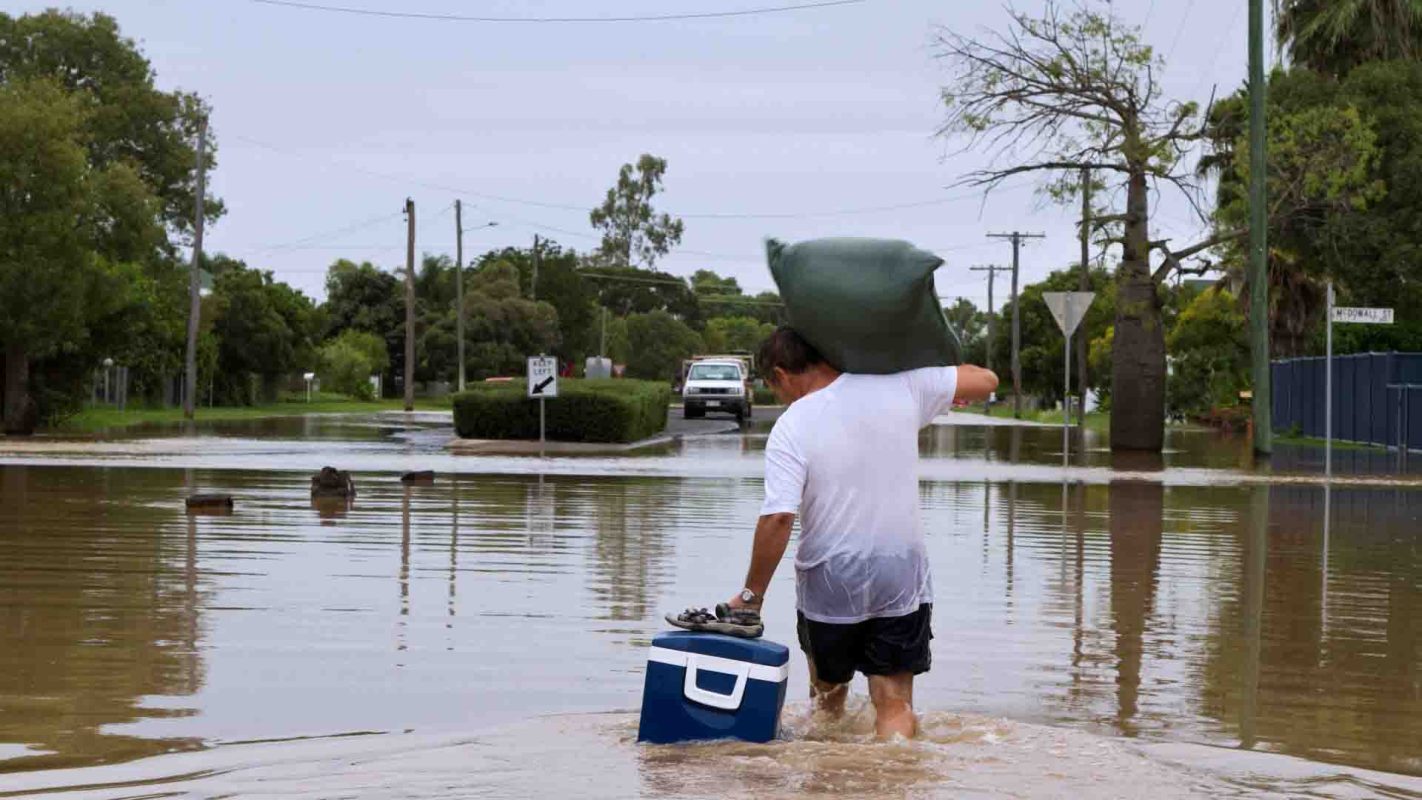Natural disasters are increasing, costing taxpayers billions.
According to a recent analysis conducted by the nonprofit Climate Central, the frequency of natural disasters in the last few years has increased by 78% since the 1980s.
Between 2017 and 2021, a billion-dollar or more natural disaster happened on average every 18 days. A few decades ago, in the 1980s, the average distance between disasters was 82 days. Recent reporting from NOAA puts the U.S.'s total climate disaster bill for 2022 at more than $165 billion.
As Dr. Rick Spinrad, NOAA's administrator, told NPR, these disasters are increasing due to one main culprit: our planet's continued overheating.
"Climate change is creating more and more intense, extreme events that cause significant damage and often sets off cascading hazards like intense drought, followed by devastating wildfires, followed by dangerous flooding and mudslides," Spinrad said.
These extreme weather events are quickly becoming the norm — and with dire consequences.
"In the U.S. we have consistently had the highest count and the largest diversity of different types of weather and climate extremes that lead to billion-dollar disasters," Sarah Kapnick, NOAA'S chief scientist said in a statement.
"This sobering data paints a dire picture of how woefully unprepared the United States is to cope with the mounting climate crisis and its intersection with other socioeconomic challenges in people's daily lives," said Rachel Cleetus, a policy director at the Union of Concerned Scientists, in another statement. "Rather than responding in a one-off manner to disasters within the U.S., Congress should implement a comprehensive national climate resilience strategy commensurate with the harm and risks we're already facing."
According to NOAA's data, five out of the last six years saw a dramatic increase in the number of billion-dollar-plus natural disasters. That trend is expected to continue as regions vulnerable to climate change see population surges. The most recent data shows that 2023 will likely be one of the hottest years on record.
"There are, unfortunately, several trends that are not going in the right direction for us," Adam Smith, an applied climatologist at NOAA, told NPR.
Want more? Follow The Cool Down on Instagram and join our Weekly Newsletter for cool stories and easy tips that save you money, time, and our planet.








